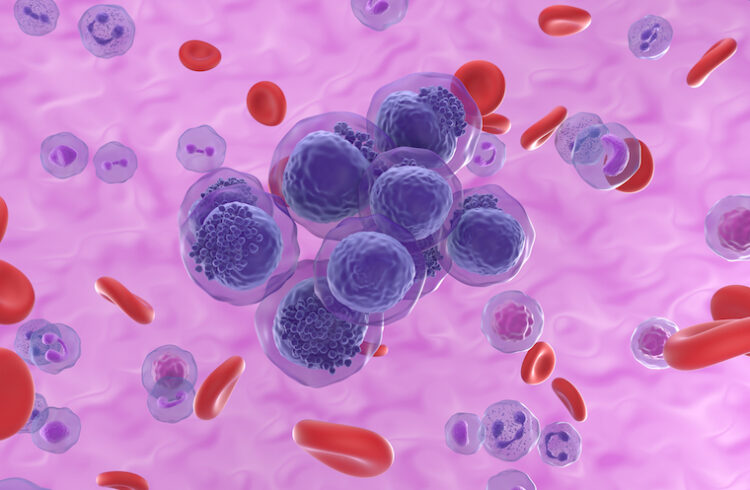
The world’s tallest man appears to have stopped growing following treatment at the University of Virginia Medical Center, earning the medical center a mention in the 2012 Guinness World Records.
In May 2010, 8-foot-3-inch Sultan Kosen of Turkey made his first visit to UVA for treatment by endocrinologist Mary Lee Vance, MD. Kosen suffers from acromegaly, which is usually caused by a tumor in the pituitary gland. The tumor causes a large amount of growth hormone to be produced, which can lead to gigantism if the excess growth hormone is produced before puberty begins.
The condition can cause a range of health problems, Dr. Vance says. “His skeleton just can’t support him,” she says.
Advanced Treatments
Dr. Vance placed Kosen on a new medication that could potentially help control the production of growth hormone and stop his continued growth. Because Kosen’s pituitary tumor had spread to areas of his brain where doctors could not safely perform open surgery, UVA neurosurgeon Jason Sheehan, MD, then performed Gamma Knife radiosurgery in August 2010.
Gamma Knife radiosurgery is a noninvasive procedure that delivers focused beams of radiation guided by MRI to a specific spot in a patient’s body – in this case, Kosen’s pituitary tumor.
About three months ago, Kosen’s doctors in Turkey told Dr. Sheehan that Kosen has stopped growing. “The treatments that we provided at the University of Virginia have stopped the production of his excess growth hormone and stopped the growth of the tumor itself,” Dr. Sheehan says.
Stopping Growth, Saving a Life
Kosen’s listing in the 2012 edition of Guinness World Records cites his treatment at UVA, though Dr. Vance and Dr. Sheehan are happiest that they were able to provide effective care.
“Treating someone 8 feet 3 inches tall is no different from treating someone 5 feet 10 inches tall,” Dr. Vance says. “The important thing is to stop the production of the excess growth hormone.”
“I’m most pleased that we were able to help Sultan,” Dr. Sheehan adds. “If he had continued to grow, it would have been life-threatening.”


